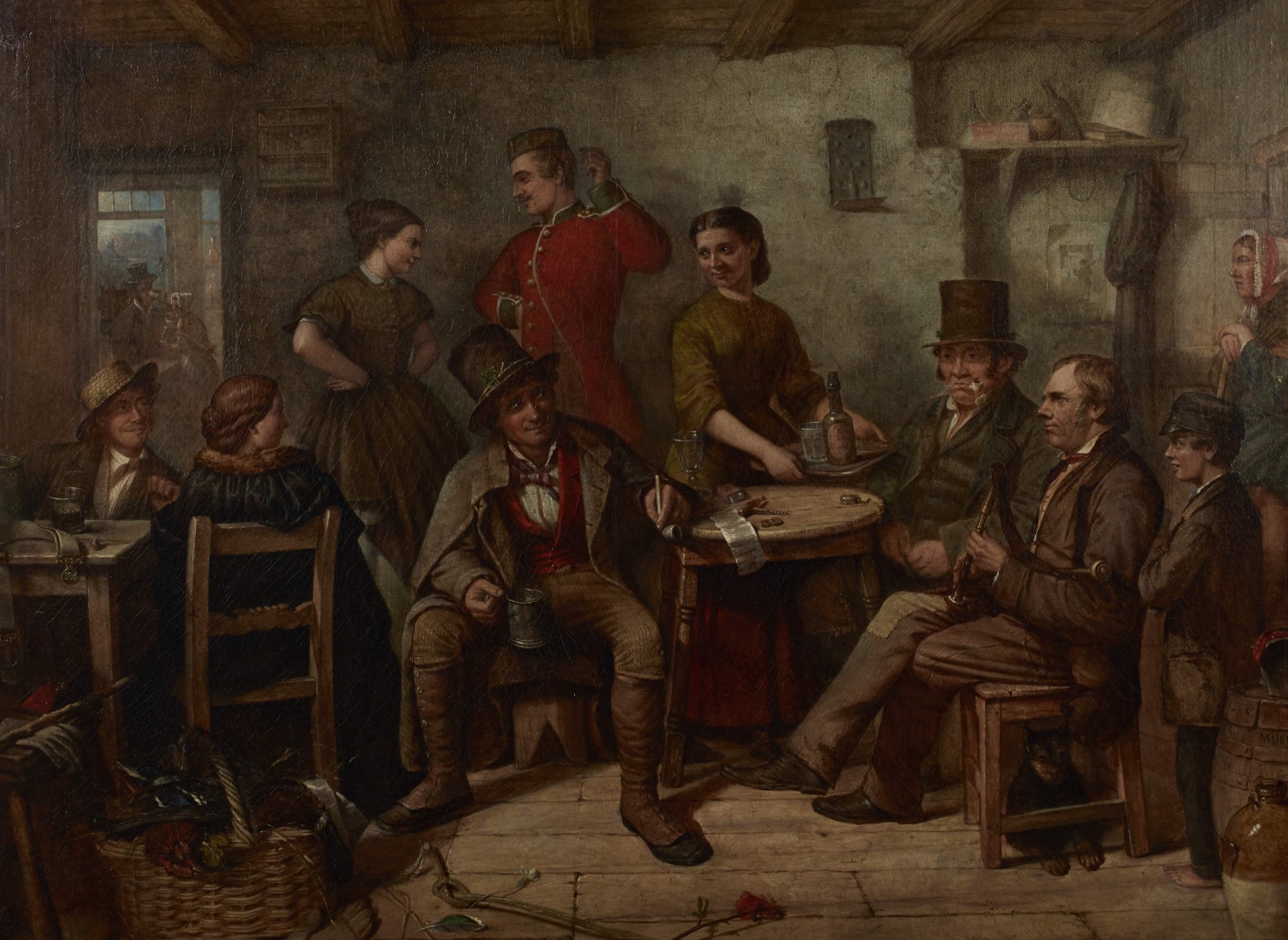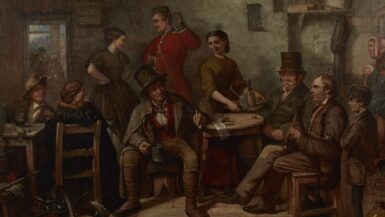“Down by the Salley Gardens” is a beloved Irish poem-turned-song with rich historical roots. It was published by William Butler Yeats in 1889 in “The Wanderings of Oisin and Other Poems,” where he noted it was an “attempt to reconstruct an old song from three lines imperfectly remembered by an old peasant woman in the village of Ballisodare, Sligo.” The “salley gardens” refers to gardens of willow trees (known as “sally” in Irish English). While Yeats created most of the text himself, he was inspired by traditional Irish folk songs, particularly one called “The Rambling Boys of Pleasure.” The poem gained widespread popularity when it was set to the traditional Irish melody “The Maids of Mourne Shore” by Herbert Hughes in 1909. Since then, it has become a staple in Irish folk music, performed by countless artists and considered one of the most beautiful examples of Irish musical heritage, blending Yeats’ literary craftsmanship with traditional Irish musical forms.
Lyrics
Down by the Salley Gardens, my love and I did meet
She passed the Salley Gardens with little snow-white feet
She bid me take love easy, as the leaves grow on the trees
But I being young and foolish, with her would not agree
With her would not agree
In a field down by the river, my love and I did stand
And on my leaning shoulder, she laid her snow-white hand
She bid me take life easy, as the grass grows on the weirs
But I was young and foolish, and now I am full of tears
And now I am full of tears
Down by the Salley Gardens, my love and I did meet
She passed the Salley Gardens with little snow-white feet
She bid me take love easy, as the leaves grow on the trees
But I being young and foolish, and with her would not agree
And with her would not agree




Leave a reply